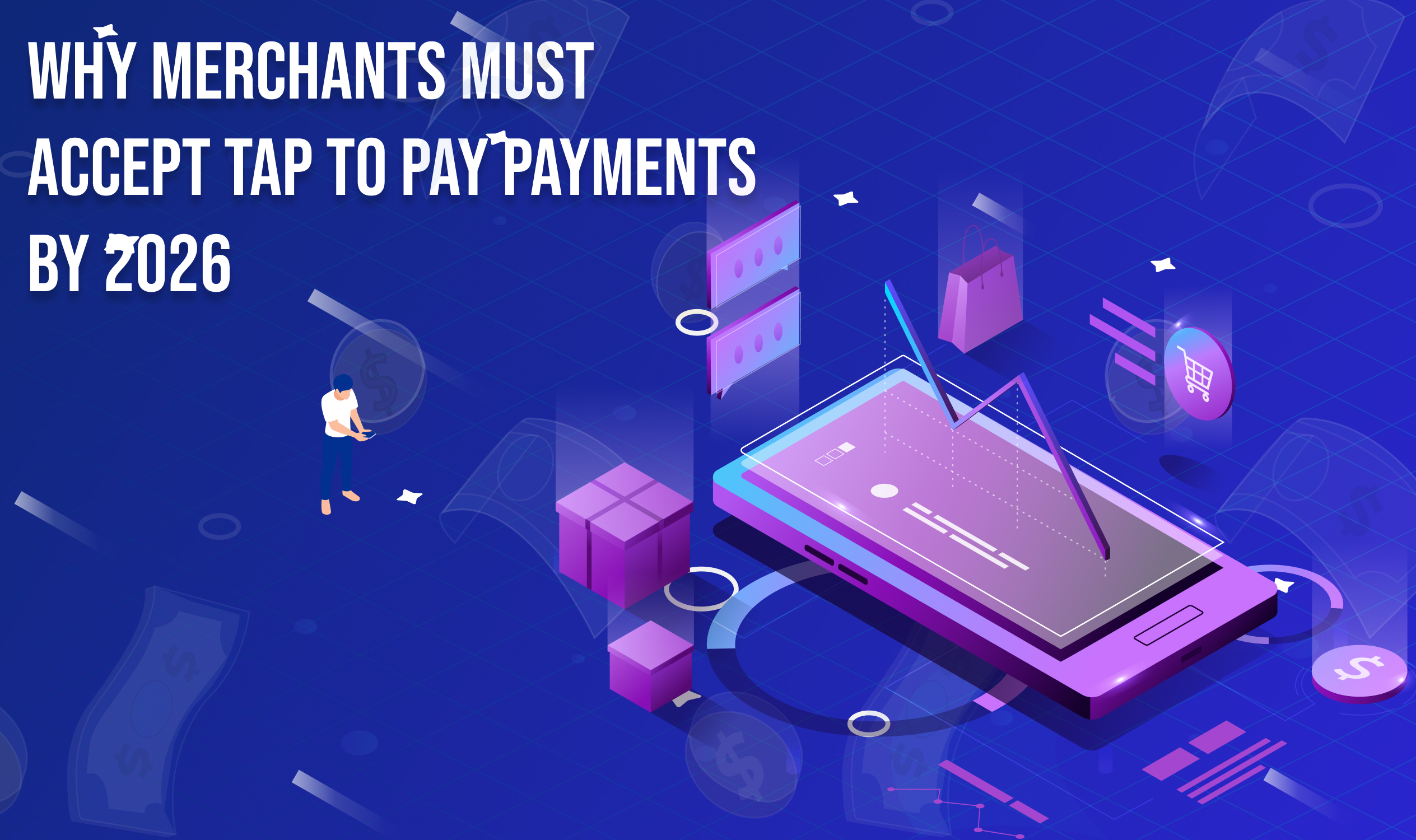
For merchants, adapting to this shift isn’t just about keeping up with technology — it’s about meeting customer expectations, improving efficiency, and staying competitive. By 2026, accepting Tap to Pay will be essential for businesses that want to thrive in the modern market.
In this article, we’ll explore why Tap to Pay is rapidly growing in popularity and why merchants need to be ready to accept it sooner rather than later.
Many trends come and go. But Tap to Pay? It’s not a trend. It’s becoming the standard — worldwide and especially in the UAE.
Here’s why:
Secure and trusted by global banks and fintech companies.
Let’s look at some actual stats:
Here are 10 powerful reasons why Tap to Pay should be part of your business before 2026:
1. UAE’s Cashless Vision 2026
The UAE is rapidly moving toward a fully cashless economy, with strong government initiatives promoting digital payments. Merchants who delay risk being left behind in a digitally dominant market.
2. Rising Customer Expectations
Consumers today expect fast, secure, and contactless payment options. By 2026, not offering digital or tap-to-pay options could hurt customer satisfaction and loyalty.
3. POS & Tap-on-Phone Adoption Surge
POS and tap-to-phone technologies are becoming the norm. Early adoption helps merchants streamline operations, avoid last-minute overhauls, and stay ahead of competitors.
4. Regulatory Readiness & Compliance
Future UAE regulations may mandate digital transaction capabilities and data transparency. Getting ready now ensures merchants remain compliant and avoid penalties later.
5. Better Business Insights
Modern POS systems offer real-time analytics, sales reports, and inventory tracking. These tools can transform how merchants make decisions—crucial for staying competitive by 2026.
6. Security & Fraud Prevention
Digital payment platforms now offer better fraud detection and PCI DSS compliance. Waiting longer increases the risk of relying on outdated, insecure methods.
7. Increased Profitability Through Efficiency
Digitized payment and POS software reduce manual errors, speed up service, and increase turnaround—directly improving revenue and operational efficiency.
Read more - https://foloosi.com/blogs/10-common-Myths-and-Facts-about-contactless-payments
Let’s be real. If you delay Tap to Pay adoption until 2026, here’s what might happen:
The future of payments is contactless, fast, and secure. By 2026, Tap to Pay will no longer be optional — it will be a necessity for any merchant who wants to stay relevant and competitive in the UAE’s rapidly evolving market.
Don’t wait for the future to catch up with you. Start adopting Tap to Pay today, delight your customers, and unlock new growth opportunities for your business.
To experience these smart payment solutions and support your business growth with Foloosi, start today at https://onboarding.foloosi.com/.